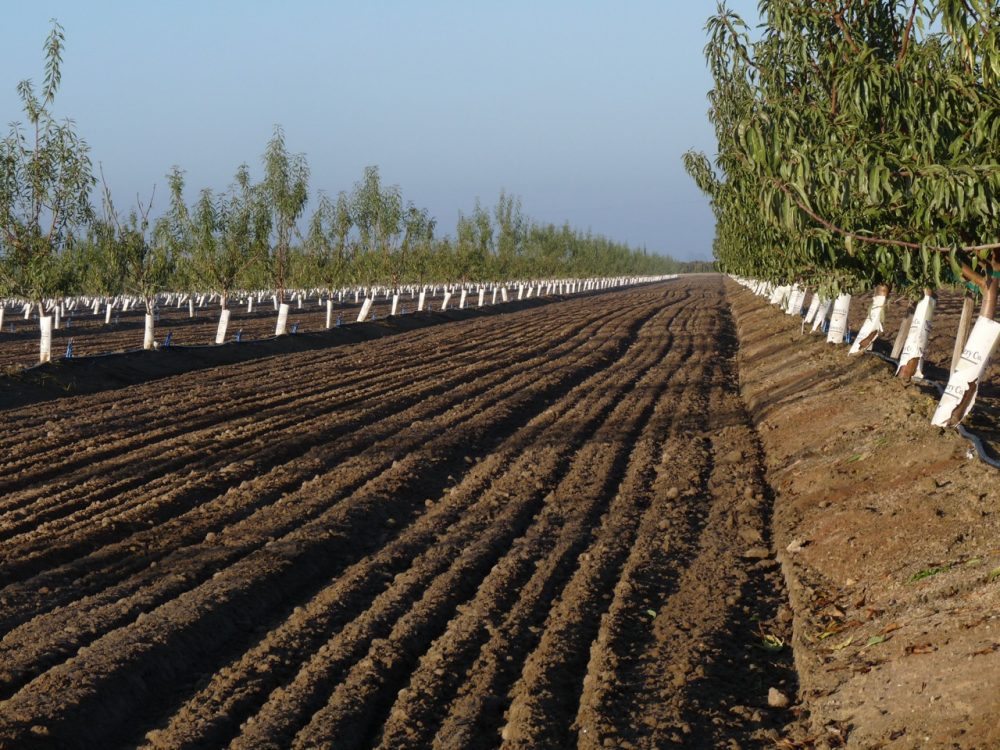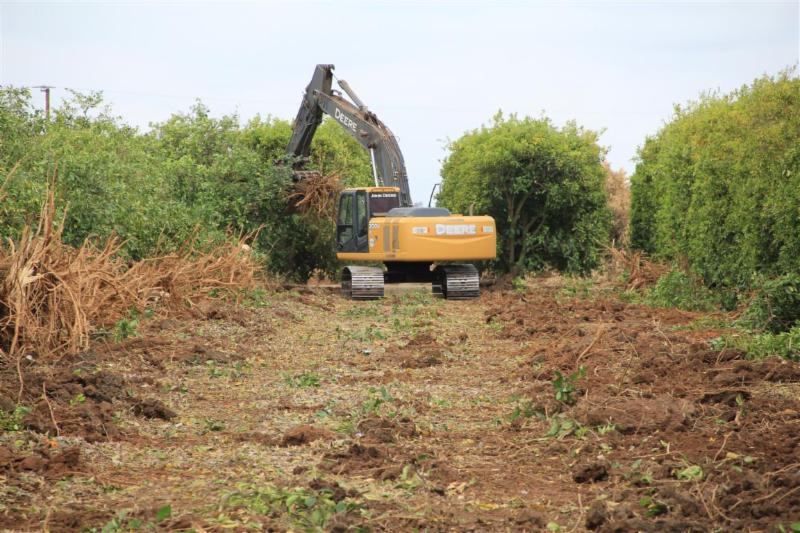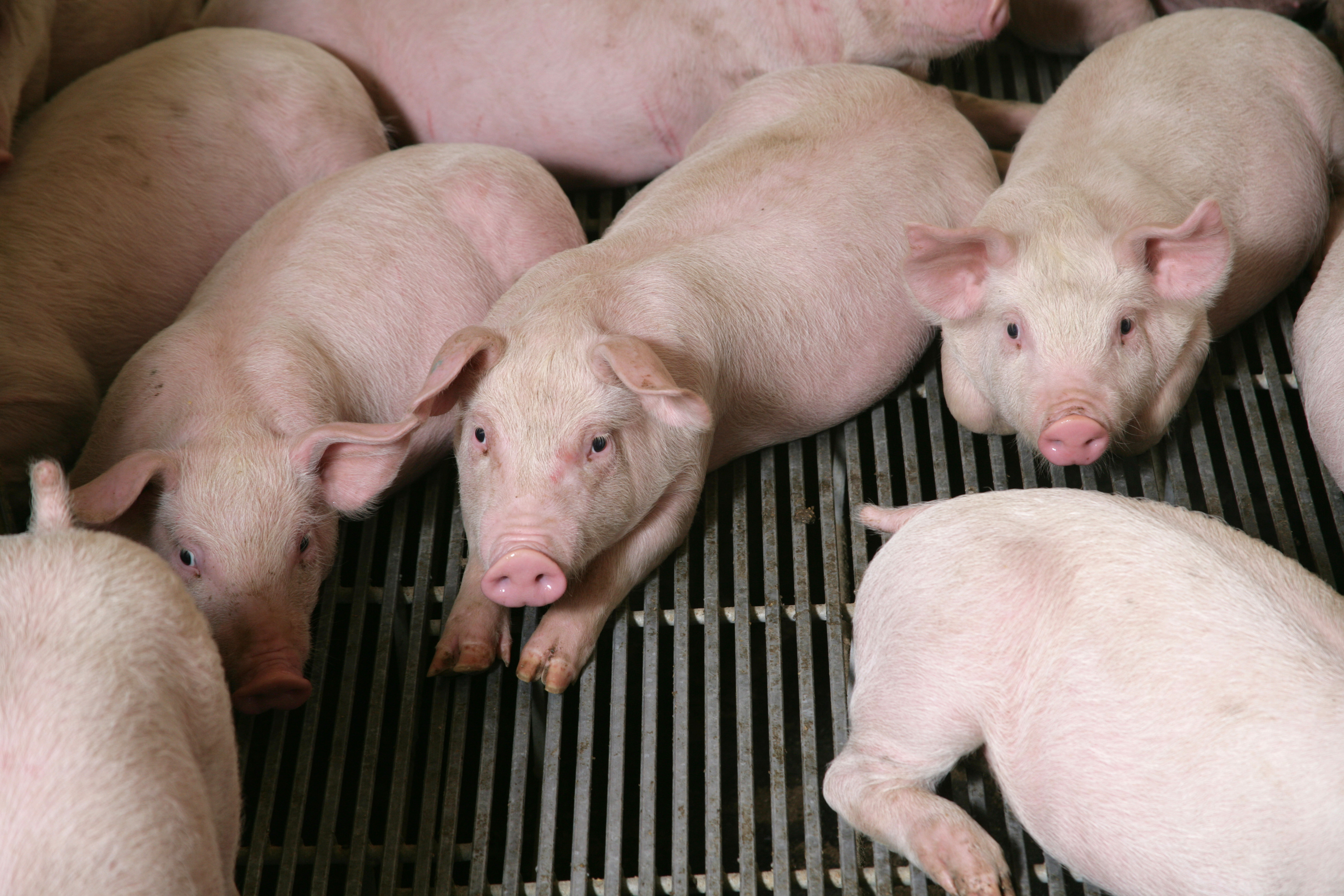New Board of Directors Elected at Almond Board
Almond Board of California 2021 Election Results
The Almond Board of California (ABC) has released election results for the Board of Directors positions whose terms of office begin August 1, 2021. As a governing body for the industry, the ABC Board of Directors is comprised of five handler and five grower representatives who set policy and recommend budgets in several major areas, including production research, public relations and advertising, nutrition research, statistical reporting, quality control and food safety.
The names of the following nominees have been submitted to the U.S. Secretary of Agriculture for selection:
Independent Grower
Member Position One (one-year term):
Paul Ewing, Los Banos
Alternate Position One:
Brandon Rebiero, Modesto
Member Position Three (three-year term):
Joe Gardiner, Earlimart
Alternate Position Three:
Chris Bettencourt, Westley
Independent Handler
Member Position Two (three-year term):
Bob Silveira, Williams
Alternate Position Two:
Dexter Long, Ballico
Member Position Three (one-year term):
Darren Rigg, Le Grand
Alternate Position Three:
Chad DeRose, McFarland
Cooperative Grower
Member Position Two (three-year term):
Christine Gemperle, Ceres
Alternate Position Two:
Kent Stenderup, Bakersfield
In addition, Lisa Giannini, Hickman, has been named to fill the Cooperative Grower Alternate Position One role.


















